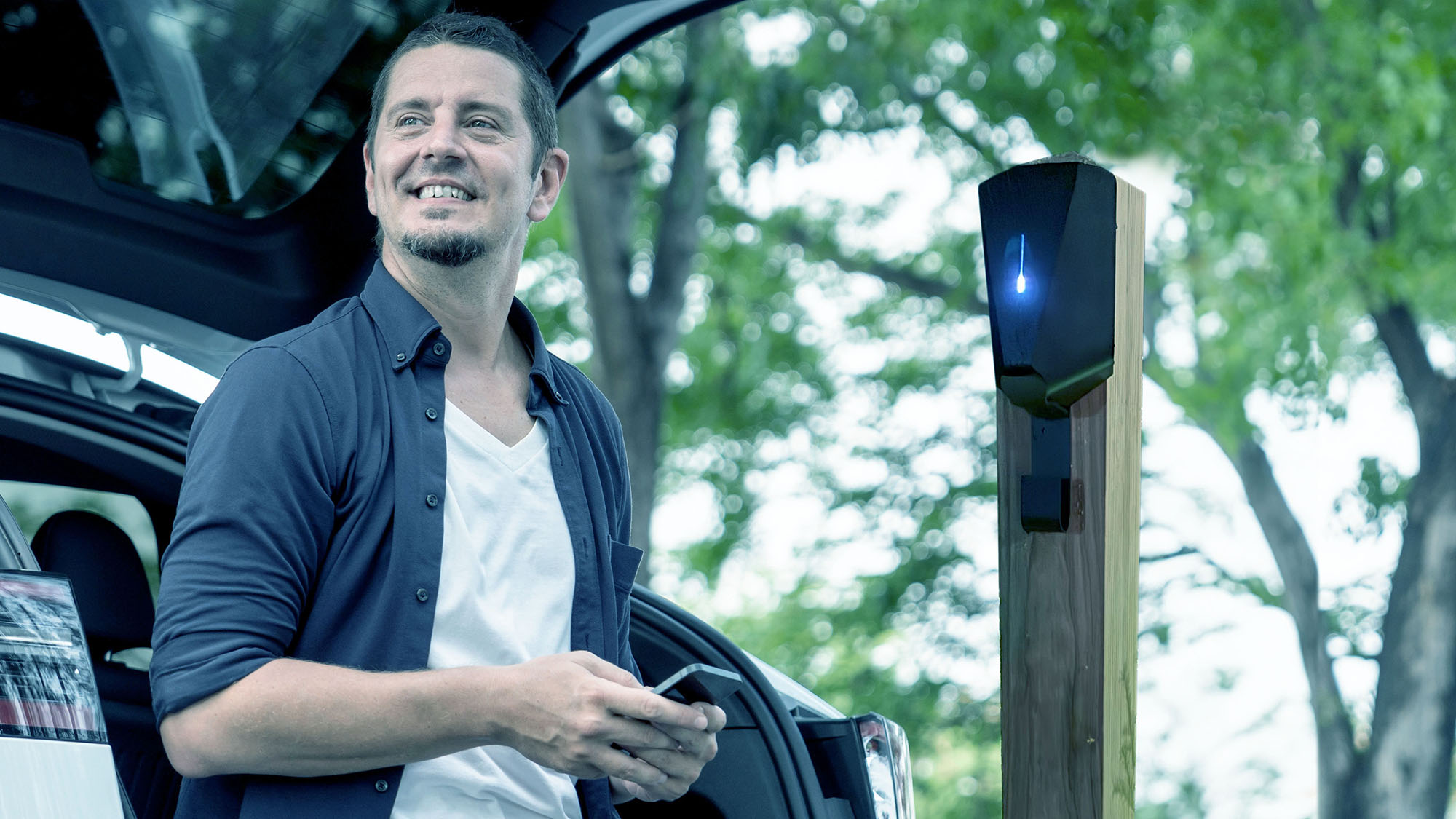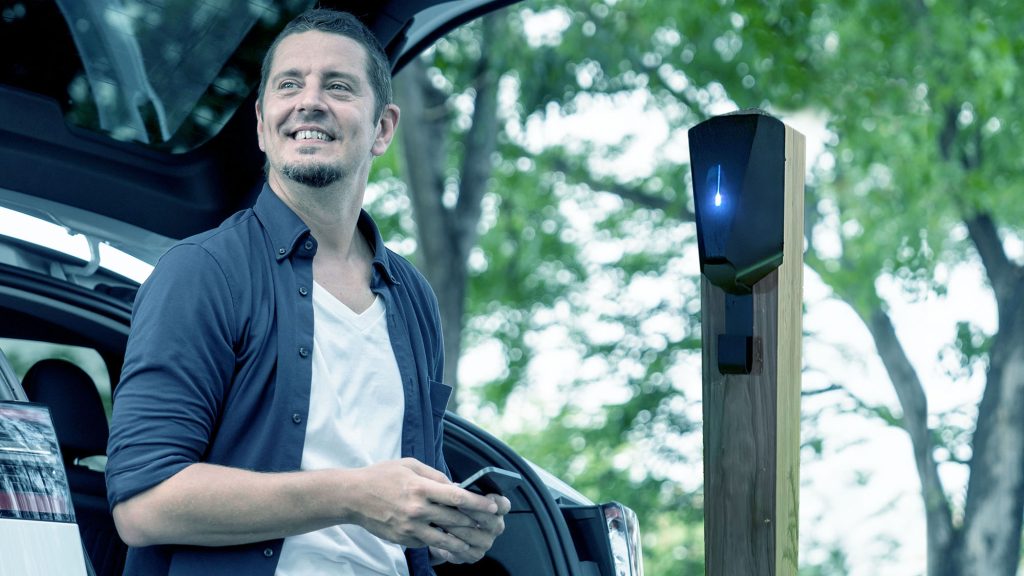We need ambitious policies to speed the switch to green transport

We need ambitious policies to speed the switch to green transport
High cost of electric vehicles and a lack of charging infrastructure is hampering the take-up of zero-emissions vehicles

Over a century of fossil fuel-powered road transport is coming to an end. By 2035 every new car, van or light truck sold in Britain will be zero emission — electrified or, perhaps, hydrogen-fuelled.
The UK has a legal commitment to achieve net zero by 2050. Road transport, the country’s biggest carbon emitter, must lead this change.
Most vehicles — and there are 40 million in the UK — stay on the road for about 15 years so the logic of the 2035 end-of-sale date becomes clear. To get there, the UK now has a mandate that compels an increasing proportion of new car and van sales — up to 80 per cent by 2030 — to be zero emission.
But mandates don’t make markets. Fleet renewal will depend on cost, convenience and choice.
We have choice: more than 100 electric cars, 20 electric van models, a similar number of electric HGVs and a nascent hydrogen sector.
But despite impressive growth, the electric vehicle (EV) market remains at the early adopter stage. We need to move to mass market, and fast.
Key to that is cost, ensuring an affordable transition for all. Zero-emission vehicles are inherently more expensive, with batteries roughly treble the cost of an engine. Industry is driving down those costs, but more is needed.
Is the UK running out of road on its electric ambitions?
Compelling incentives are already spurring businesses and fleets to go electric. Private retail buyers, however, have no similar support and are holding off.
There are other inequalities. Carbon-cutting technologies such as heat pumps and solar panels incur no VAT. Buy a car, however, and you’ll pay 20 per cent VAT whatever its emissions. Temporarily halving VAT on new EVs would save the average private buyer about £4,000, putting 270,000 more electric, rather than petrol or diesel, cars on the road and cutting CO2 by more than five million tonnes over the next three years.
Additionally, cancelling the distorting vehicle excise duty “expensive car supplement” — to which most EVs are likely to be subject from next April — would send the right message, and reducing VAT on public charging from 20 per cent to 5 per cent to match home charging would make EV use fairer.
While zero-emission cars and vans get most attention, heavy vehicles are the biggest contributor to road transport emissions. Progress is being made. The UK is Europe’s biggest zero-emission bus market, with almost half of all new buses electric or hydrogen. Decarbonising buses is relatively straightforward given their set routes and daily return to depot but getting sufficient power to that depot can take years, causing some operators to delay the switch.
HGVs, meanwhile, serve a vast variety of uses — from refuse vehicles to cement mixers, long-distance haulage to retail delivery. Decarbonising such operations will take a range of technologies, including electrification and hydrogen. But with operators facing higher capital expenditure, a paucity of charging infrastructure, planning constraints and grid delays to depot upgrades, uptake is low. The HGV grant, state funding to roll out up to 370 zero-emission trucks, covers only a fraction of models and should be reformed to encompass them all.
Convenience is another key barrier. EV charging should be as easy as refuelling. Home charging is already even more convenient but only for those who have parking. Most will still need to top up at public points and EV drivers routinely cite charge-point infrastructure as inadequate. The situation is improving, but not quickly enough. We must build ahead of need so there should be binding charge-point targets aligned to EV targets.
For hydrogen it’s even harder. There are now fewer than ten public hydrogen refuelling stations in the UK and none of them are suitable for HGVs. We urgently need a dedicated hydrogen refuelling infrastructure strategy, otherwise operators simply won’t invest.
Government has set the world’s most ambitious targets; now we need equally ambitious policies to help on cost and convenience, to speed up the switch and put Britain in pole position for clean, green transport.
Mike Hawes is chief executive of the Society of Motor Manufacturers and Traders

